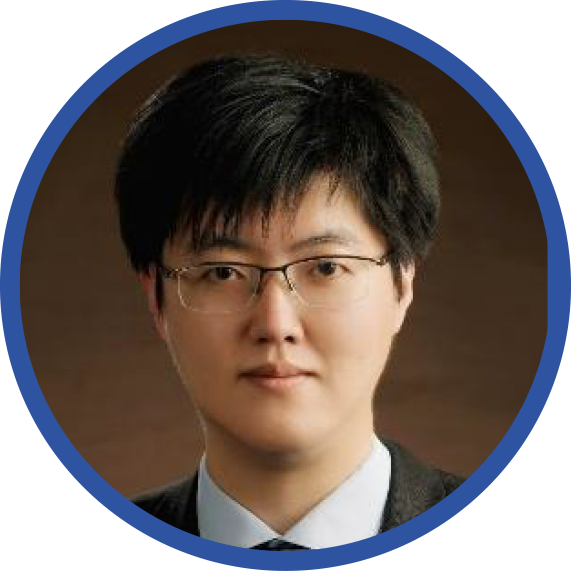
Chao Zuo
Nanjing University of Science and Technology China
Biography:
Dr. Chao Zuo is a Zijin Chair Professor at Nanjing University of Science and Technology (NJUST),Distinguished Professor of "Changjiang Scholars Program", Ministry of Education of China. He leadsthe Smart Computational Imaging Laboratory (SCILab: www.scilaboratory.com) at the School ofElectronic and Optical Engineering, NJUST, and is also the founder and director of the SmartComputational Imaging Research Institute of NJUST. He has long been engaged in the development ofnovel Computational Optical Imaging and Measurement technologies, with a focus on Phase MeasuringImaging Metrology. He has published > 300 peer-reviewed articles with ~ 20,000 citations. He currentlyserves as an Associate / Topical Editor of eLight, PhotoniX, Optics Letters, Optics and Lasers inEngineering, IEEE Transaction on Computational Imaging, Microwave and Optical Technology Letters,and Advanced Devices & Instrumentation. He is a Fellow of SPIE | Optica | IOP, and listed as aClarivate Highly Cited Researcher.
Speech Title:
High-Speed 3D Imaging and Metrology: From Classical Fringe Projection to Deep Learning Approaches
Abstract:
With the rapid development of optoelectronic information technology, three-dimensional (3D) imagingand sensing has become a research forefront in optical metrology. Fringe projection profilometry (FPP)is one of the most representative 3D imaging technologies due to its non-contact, high-resolution,high-speed, and full-field measurement capability. In recent years, with the rapid advances ofoptoelectronic devices and digital signal processing units, people subsequently set higher expectationson FPP: it should be both “high precision” and “high speed”. While these two aspects seemcontradictory in nature, “speed” has gradually become a fundamental factor that must be taken intoaccount when using FPP, and high-precision 3D reconstruction using only one single pattern has beenthe ultimate goal of structured light 3D imaging in perpetual pursuit. Nowadays, deep learningtechnology has fully “permeated” into almost all tasks of optical metrology. In this talk, we introduceour recent efforts to apply deep-learning approaches to FPP. We show that the deep-learning-enabledfringe analysis approach can significantly boost the accuracy and improve the quality of the phasereconstruction compared to conventional single-fringe phase retrieval approaches. Deep learning canalso be used to achieve single-frame, high-precision, unambiguous 3D shape reconstruction, which isexpected to fill the speed “gap” between 3D imaging and 2D sensing and enables FPP techniques to go astep further in high-speed and high-accuracy 3D surface imaging of transient events.